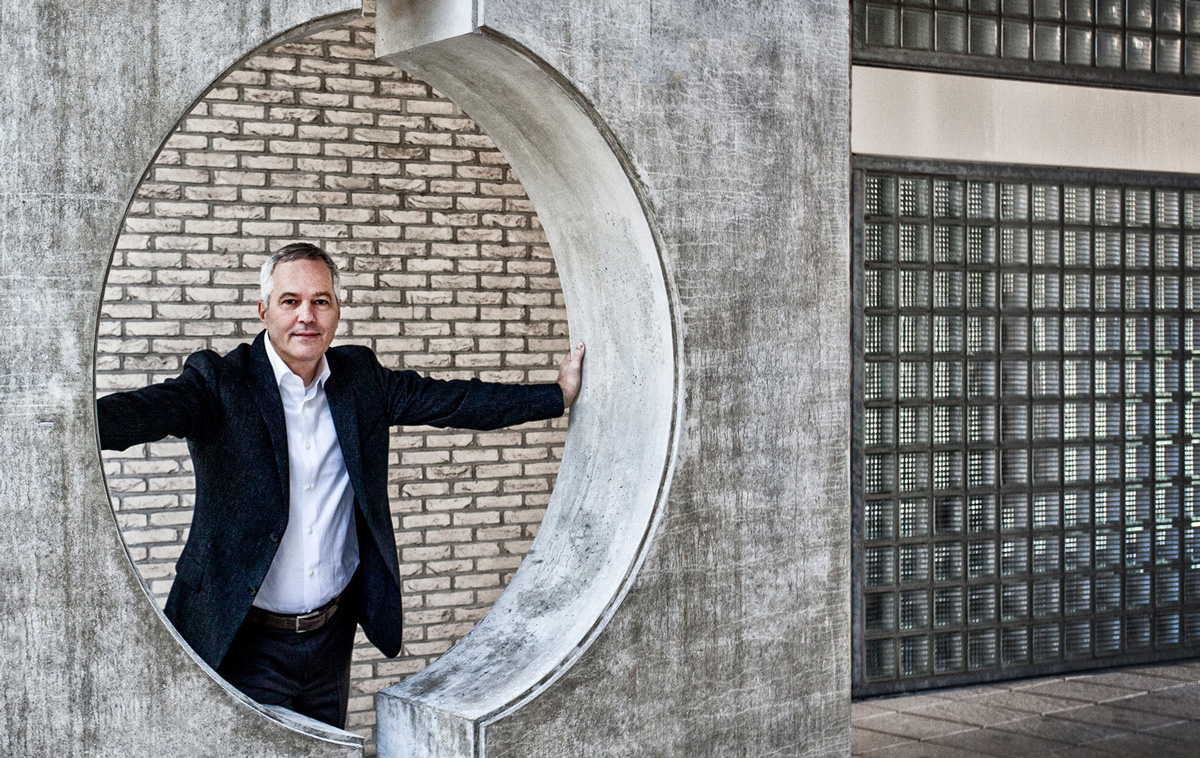Tom Klein’s Blog
A Guide to the Present
Finding orientation in an age of disorder
This Blog is about finding “orientation.” My job as a coach and organisational consultant is to explore with my clients how their world works, and to develop strategies together with them to respond to it successfully. It is a humbling task, as the changes in our environment are happening so quickly that there are no “best practice” solutions we could easily apply. Each company, and each person, must find their own solutions, and it is the ability to do so—continuously—which enables them to navigate the changes we are facing successfully.
Wicked Problems
The world works differently today than it has in the past. Gone are the days when one could imagine a goal, set one’s sails, and through competent seamanship be relatively sure that one would navigate to one’s destination guided by a pre-determined plan. Our problems now are “wicked,” subject to multiple causes interacting with each other through networked feedback effects. That means that our challenges are no longer reducible to clear goals, and that their solutions, if they exist at all, are non-obvious.
Disorientation
The typical response to the complexity behind wicked problems in most of the organizations I have been involved with is one of disorientation. My contact at one large company I recently spoke to told me that the managers are acutely aware of the potential disruptions they are facing. What they lack is experience with how to address them. The examples provided by tech companies and start-ups with agile organization are inspiring to behold, they say. But even those managers in their company who create the agile teams, provide the social office space, and shift from goals to customer stories in an attempt to copy best practices, find that their people remain sceptical, that their business customers are confused by the new approaches and delivery modes, and that the results—while not any worse—are no better than they were before.
Muddling through
We are muddling through, which is likely the best we can do for any great transition like the one we are at the beginning of. But the uncertainties this collective phase of our lives brings with it trigger fear, and with it the irrationalities we are seeing in politics, in our thinking, and in our communication in our social networks. Stress levels are ramping up dramatically, as the disorder which is spreading through the breakdown of traditional systems of interaction begins to take its emotional toll.
I find that what is most unsettling to people is the way uncertainty upends our habits. To experience how the learned responses we fall back on to manage our lives become unreliable has a deeply disturbing effect. It undermines our confidence in ourselves, and at a deeper level can trigger doubts about our self-worth. In a company it can cause managers to respond to failing business models by falling back on last-ditch strategies like haircut cost-cutting efforts, which can rob the company of its future. In all cases, unease and fear begin to colour our perceptions and undermine our decisions—with predictably poor results.
Learning to deal with the unknown
So, while we cannot know what is ahead of us, we can develop and learn strategies to deal with what we cannot know. In the face of our ever more obviously unpredictable reality, the attitude that I find works best is not one of control, but of curiosity. And the most successful behaviour is not the attempt at prediction, but one of exploration. Prediction and control are skills we need to master, as we still have ordered systems challenges to which they are best applied. It is just that they are not sufficient by themselves anymore for us to find our balance in the constantly shifting reality of today.
Curiosity and Exploration
But curiosity and exploration are not natural to the way the vast majority of us have been raised, or to how we have learned to perform and survive in business, society or politics. While we cannot know what we will face next year, or even tomorrow, we can build the capacity for curiosity and exploration which enable us to deal with whatever we face productively.
For individuals this means that we become life-long learners, driven by our capacity for self-reflection and growth. For our organisations this means that they become the learning systems which Peter Senge envisioned decades ago, animated not by short-term profits and the goal of shareholder value maximization, but by a culture of customer intimacy and innovation which is the deeper source of long-term success which Peter Drucker points to.
Accordingly, this blog is dedicated to exploring and developing the capacities we need to deal with complexity, uncertainty, and self-regulation. The principles and processes are similar for micro and macro systems: How a person learns to regulate his or her emotions, thinking and behaviours in the face of uncertainty effectively is similar in many essential ways to how an organism the size of an organisation regulates itself in a complex social, political and market environment successfully.
Creating the Future
The future belongs to those who are capable of conscious evolution and growth, able to develop strategies which allow them handle the challenges of the world that our species is creating. How we build the capacities we need can be learned from many disciplines. I will focus on those I have the most experience with:
- behavioural and developmental psychology
- agile organisation and work methods
- organisational development
- leadership
- communication
My belief—and experience—is that we can indeed learn to deal with uncertainty better than we have in the past and, by developing better strategies, solve many of the wicked problems that at the moment look intractable, whether in ourselves, in our businesses or in the world.



Leave a comment